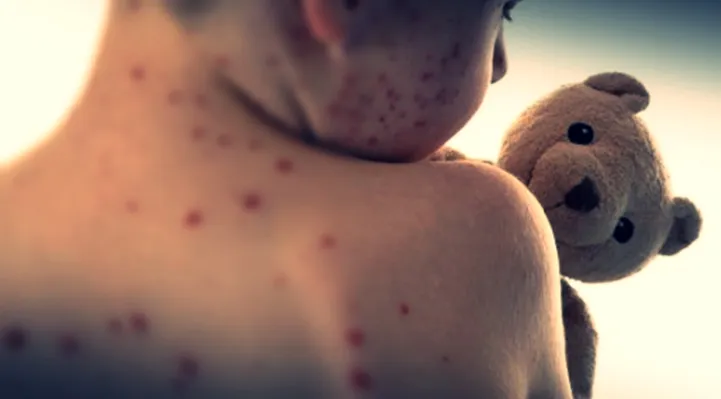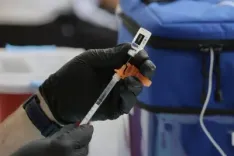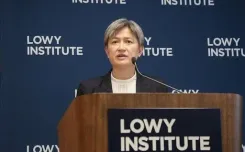Is There a Measles Health Alert in Sydney?

Synopsis
Key Takeaways
- Vaccination is the best defense against measles.
- Measles is highly contagious and can lead to severe health complications.
- Early symptoms include fever, cough, and rash.
- Monitor for symptoms if exposed at the airport.
- Public awareness is crucial in preventing outbreaks.
Sydney, June 20 (NationPress) - A health alert concerning measles has been issued in the Australian city following a confirmed case that passed through the city's international airport while contagious.
The health department in New South Wales (NSW) announced on Friday that the confirmed case arrived in Sydney from Southeast Asia, where multiple outbreaks of measles are currently occurring, on Monday.
Individuals who were on Vietnam Airlines flight VN773 that landed at Sydney International Airport on Monday, or who were present in the airport's arrivals and baggage claim areas between 8:00-9:30 a.m. that day, are urged to keep an eye out for symptoms of measles.
Mitchell Smith, the acting director of Public Health for the South Western Sydney Local Health District, stated that initial symptoms include fever, sore eyes, runny nose, and cough, followed days later by a rash that spreads from the face to the rest of the body.
He emphasized the importance of monitoring for symptoms for 18 days for those who were on the flight or in those airport areas, as reported by Xinhua.
According to the federal government's National Notifiable Disease Surveillance System, there have been 80 confirmed cases of measles in Australia so far in 2025, compared to 57 cases for the entire year of 2024 and 26 in 2023.
The World Health Organization states that measles is a highly contagious disease caused by a virus. It spreads easily through coughs, sneezes, or even breathing from an infected person, leading to severe complications and, in some cases, death.
While anyone can contract measles, it primarily affects children.
The disease targets the respiratory tract and can provoke symptoms such as high fever, cough, runny nose, and a widespread rash.
Vaccination remains the most effective method of preventing measles and limiting its spread. The vaccine is deemed safe and bolsters the body’s ability to combat the virus.
Prior to the introduction of the measles vaccine in 1963, significant epidemics occurred every 2 to 3 years, resulting in approximately 2.6 million deaths annually.
In 2023 alone, an estimated 107,500 individuals, mostly children under five, succumbed to measles, despite the availability of a safe and cost-effective vaccine.









